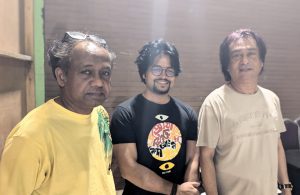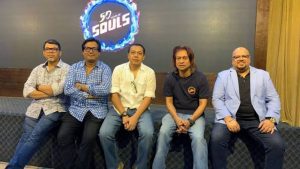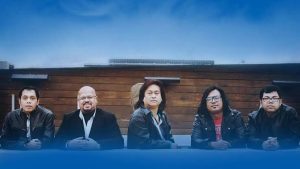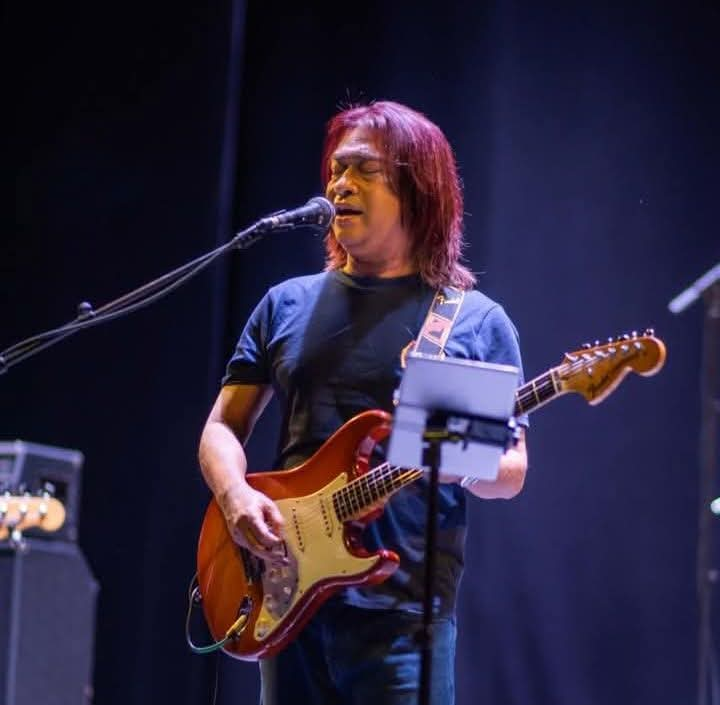In the history of Bangladeshi band music, few names have achieved legendary status—Partha Barua is undoubtedly one of them. A proud alumnus of the Department of English at the University of Chittagong, his music carries the essence of love, protest, and the emotional undercurrents of generations. On May 3rd, he stepped into his sixtieth year—but he remains timeless, ever vibrant.

Souls is not merely a band—it is an inseparable chapter of Bangladesh’s cultural legacy. Songs like Mon Shudhu Mon Chhuyeche and Ei Mukhurito Jiboner Cholaar Pothe are more than melodies; they are living archives of an era. Through these songs, Partha Barua is etched into our collective consciousness. From being the band’s lead guitarist, he gradually became its voice, soul, and spirit.
His journey began in 1995 with the flute’s tune on BTV’s show Jolsha. Today, those same notes echo in thousands of voices. Beyond music, he has made his mark in acting too—from the investigative journalist in Aynabaji to hosting stories rooted in Chittagong’s soil, his presence resonates deeply.

The artist who grew up in Chittagong’s Nasirabad was honored on May 2nd with a memorable concert at the ballroom of Radisson Blu Bay View Hotel— Souls Unplugged Fifty Years of Timeless Music. Celebrating five decades of the band’s journey, the evening was devoid of flashy soundr effects. It was pure, heartfelt music—raw and resonant.
During rehearsals, Partha’s expressive moods—his occasional outbursts, his light-hearted jokes with fellow musicians, and his easy charm while chatting with the audience, cigarette in hand— wove together a living tapestry of memory. When he sang Mon Shudhu Mon Chhuyeche that evening, the audience seemed transported down the corridors of time.
On a personal note, it was an emotionally stirring night. In a brief exchange, Partha expressed interest in performing at the University of Chittagong again. One student has even conducted academic research on the content of his lyrics—a revelation that both surprised and delighted him.
The evening also introduced something new the soulful strains of a saxophone added a fresh emotional dimension to Souls’ iconic sound. Born in a newly-liberated Bangladesh in 1973, Souls is now as old as the country itself. Their music continues to bind hearts across generations.
As the night came to a close, I told Partha at the hotel gate, “Fifty years from now, you may not be here, but Souls’ songs will still live on in people’s hearts.” He smiled that familiar smile and replied, “Thank you very much, sir.”
Souls began as a band—but today, it is soul itself. A communion of spirit, a bond of memory. And at the heart of it stands a man whose voice defines it all.
One name. One soul. One era—Souls. And the soul behind the sound—Partha Barua.
Wishing you a joyous sixtieth birthday, Maestro.
The author is faculty, Department of Communication and Journalism, University of Chittagong


